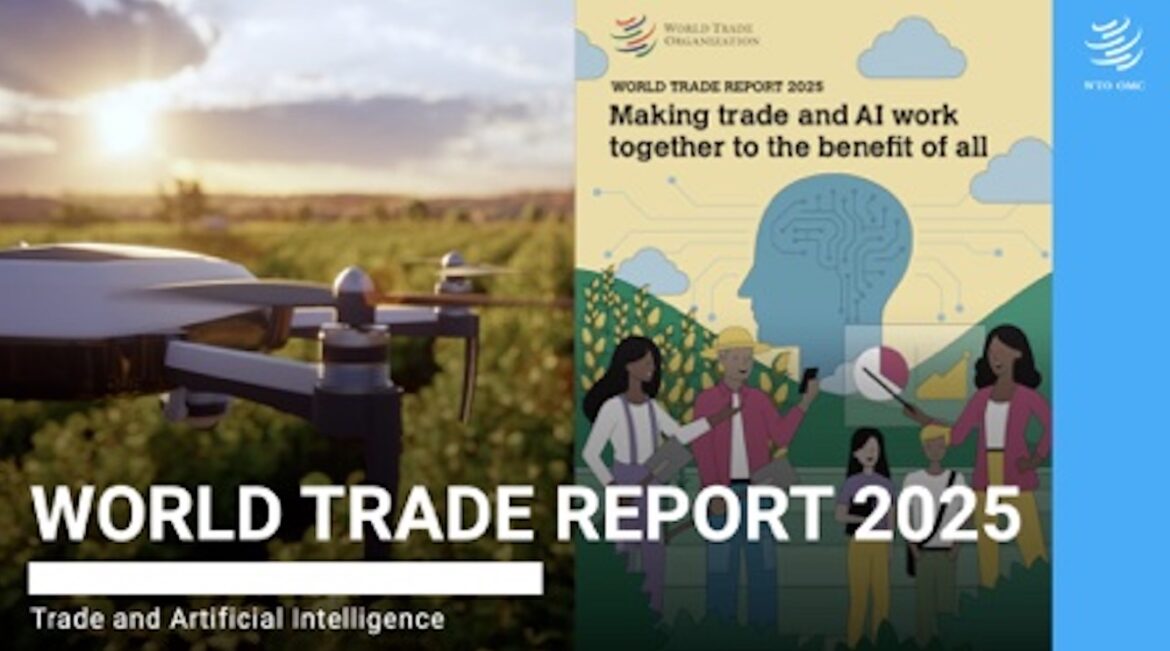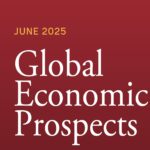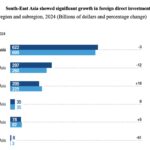Artificial intelligence (AI) could raise the value of global trade flows by up to 37 percent by 2040, but only if governments close digital infrastructure gaps and keep markets open, the World Trade Organization (WTO) said in its 2025 flagship report.
The World Trade Report 2025, released on September 16, 2025, said AI could add 12-13 percent to global GDP by driving productivity gains and cutting trade costs. Gains are projected to be strongest in digitally deliverable services such as finance, consulting and software, where cross-border flows could surge 42 percent.
But the WTO cautioned that benefits may remain concentrated in advanced economies unless low- and middle-income countries expand broadband access, invest in workforce skills and reduce policy barriers.
“AI has vast potential to lower trade costs and boost productivity. However, access to AI technologies and the capacity to participate in digital trade remains highly uneven,” WTO Director-General Ngozi Okonjo-Iweala said in a foreword. “With the right frameworks, trade can play a central role in making AI work for all.”
The report noted that trade in AI-enabling goods such as semiconductors and raw materials hit $2.3 trillion in 2023. Yet tariffs on such products remain as high as 45 percent in some low-income economies, while quantitative restrictions on AI-related goods have risen sharply, from 130 measures in 2012 to nearly 500 in 2024.
Simulations by WTO economists show the widest benefits occur if poorer economies halve their digital infrastructure gap with richer nations. In such a scenario, incomes in low-income countries could rise 15 percent by 2040, compared with just 8% if the divide persists.
The study also warned that without corrective policies, AI adoption could deepen global inequalities. The technology favors capital- and data-intensive industries, raising the returns to capital while leaving small firms and low-income countries struggling to catch up.
The WTO urged members to strengthen cooperation on AI and trade rules, expand participation in the Information Technology Agreement, and update commitments under the General Agreement on Trade in Services. It also flagged labor market risks, stressing the need for education and training to prevent job losses and wage gaps from widening.
“Whether AI becomes a force for inclusiveness or division will depend on the choices made now,” the report concluded, calling for international cooperation and reforms to ensure the multilateral trading system adapts to rapid technological change.






